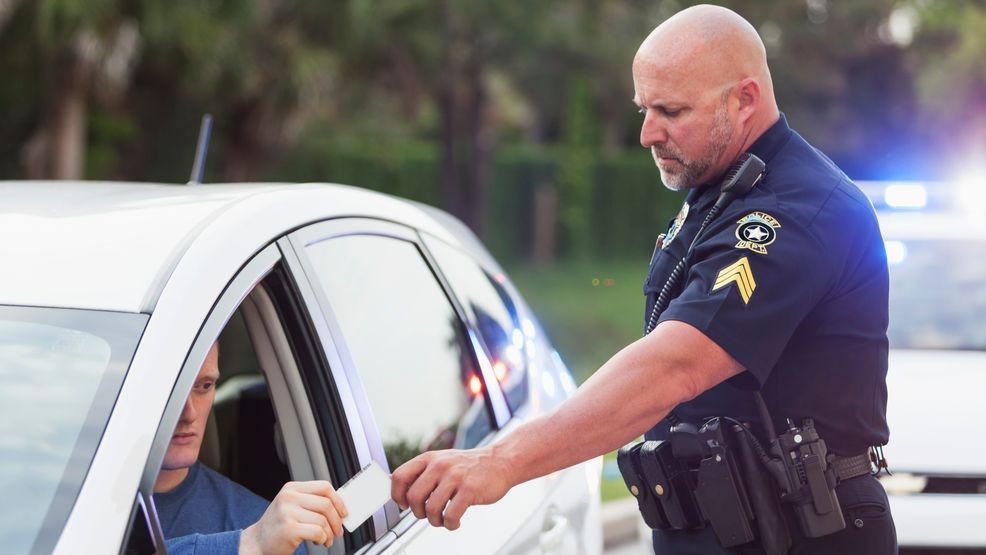As your dedicated DWI defense attorney, I believe an informed client is an empowered one. This week, two major developments in Minnesota law have significantly altered the landscape for every driver in our state. Understanding these changes is not just academic; it’s crucial for protecting your rights on the road. Let’s break down what’s happening with traffic stops in Hennepin County and the sale of recreational cannabis, and more importantly, what it means for you.

First, Hennepin County Attorney Mary Moriarty has announced a landmark policy change: the county will no longer prosecute drivers who are initially stopped for certain low-level traffic offenses. This includes things like having an expired registration, a single broken taillight, or an object hanging from the rearview mirror. The stated goal is to reduce racial disparities in traffic enforcement, as data has shown these minor infractions are disproportionately used to stop drivers of color. While the policy’s aim is social justice, it has profound implications for DWI defense.
For years, these minor violations have served as what are known in legal terms as pretextual stops. An officer might not suspect you of drunk driving, but they can use your expired tabs as a legal reason to pull you over. Once you’re stopped and they approach your window, that initial traffic violation gives them the opportunity to look for other signs of impairment—the smell of alcohol, slurred speech, or bloodshot eyes. This pretextual stop is often the first domino to fall in a chain of events that ends with a DWI charge. With Hennepin County refusing to prosecute these underlying offenses, it raises a powerful legal question: Was the initial stop valid in the first place? If the basis for the stop is an offense the county won’t even take to court, any evidence gathered as a result—including field sobriety tests, breathalyzer results, and the officer’s observations—could potentially be suppressed. This creates a critical new angle for challenging the legitimacy of a DWI investigation from its very inception.
At the same time, Minnesota has seen another seismic shift with medical cannabis dispensaries now permitted to sell recreational products. This increased accessibility is a welcome change for many, but it brings driving under the influence of cannabis (DUI-C) to the forefront. It is absolutely illegal to drive while impaired by any substance, including legally purchased cannabis. However, proving cannabis impairment is far more complex and scientifically dubious than proving alcohol intoxication.
Unlike alcohol, which has a clear legal limit of .08 Blood Alcohol Concentration (BAC), there is no equivalent scientific standard for THC, the psychoactive compound in cannabis. The presence of THC in your blood or urine does not automatically mean you were impaired at the time of driving. THC can remain detectable in your system for days or even weeks after use, long after any impairing effects have subsided. Standardized Field Sobriety Tests (SFSTs), designed to detect alcohol impairment, are notoriously unreliable for identifying cannabis impairment. This means the prosecution’s case in a cannabis-related DUI often rests on subjective observations by the officer, which can be effectively challenged by an experienced attorney who understands the science—and lack thereof.
The intersection of these two issues creates a complex new reality for Minnesota drivers. Law enforcement, potentially limited in their ability to use pretextual stops, may focus more on observing driving conduct they believe indicates impairment. With cannabis now readily available, officers may be quicker to suspect its influence. If you find yourself in this situation, remember that the legal and scientific ground is shifting. A charge is not a conviction. The validity of the traffic stop and the questionable science behind proving cannabis impairment are powerful defense tools. These recent developments underscore the importance of having a knowledgeable advocate on your side. If you are facing a DWI or DUI charge, contact an attorney immediately to ensure your rights are protected in this new legal era.
Sources:
https://www.mprnews.org/story/2025/09/17/hennepin-county-to-end-prosecuting-lowlevel-traffic-stops
The information presented in this article is not considered legal advice. Please contact our law office to speak to an attorney about your case.